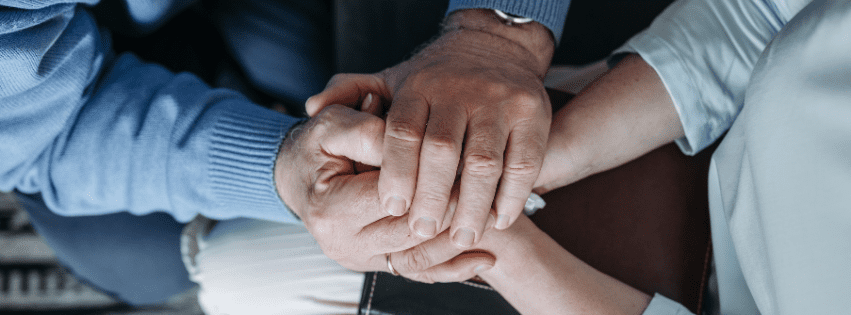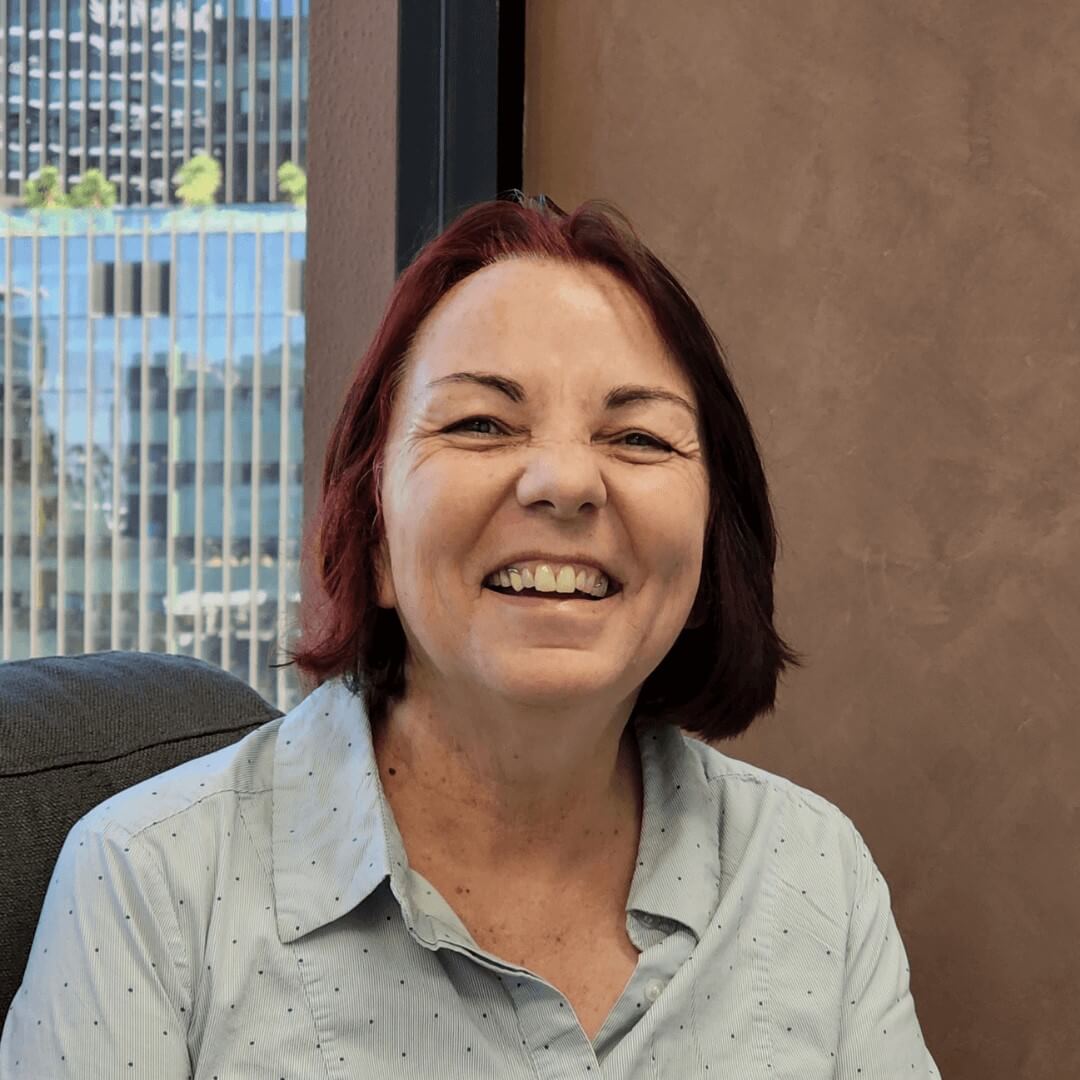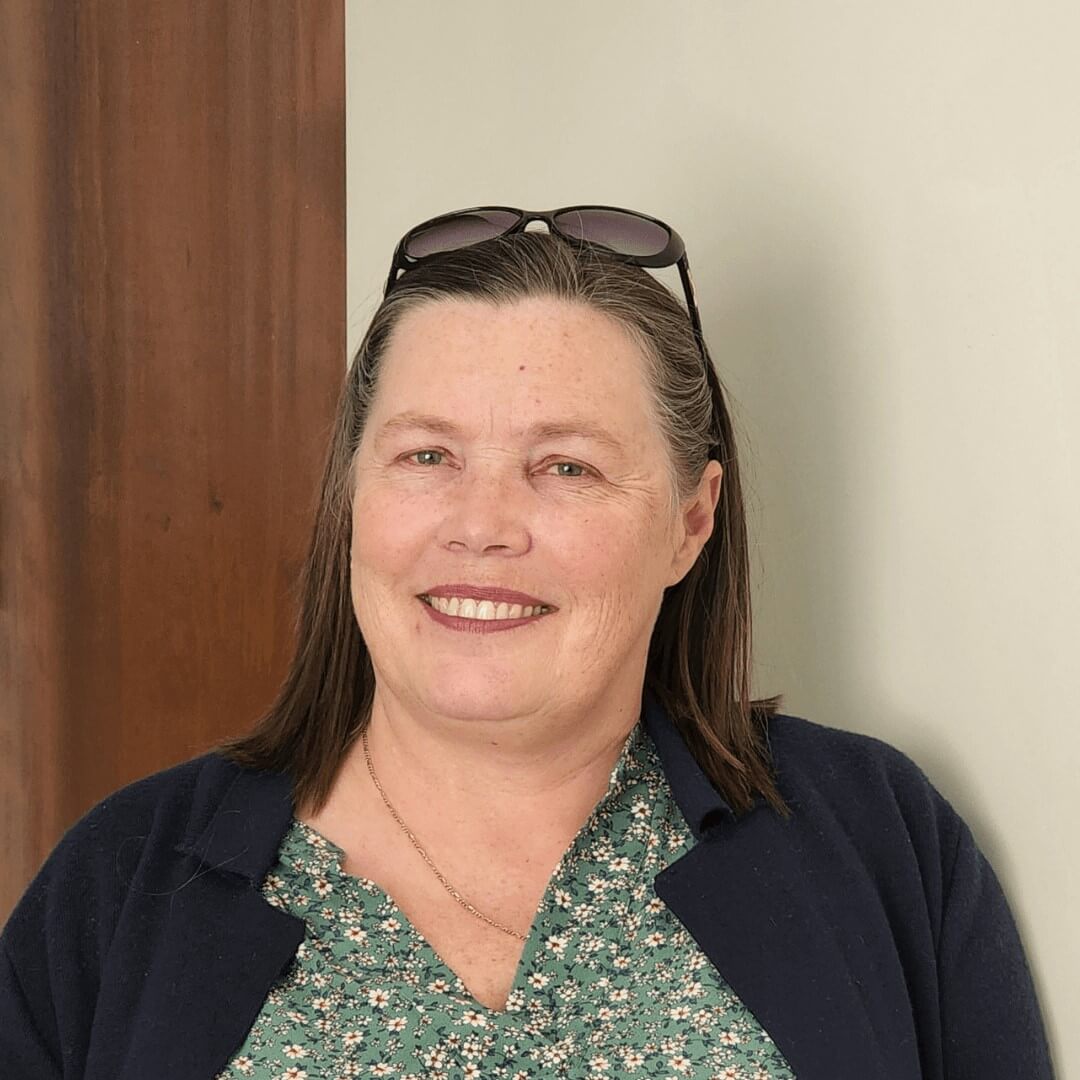Bereavement and Grief Support: Understanding the Journey
Bereavement refers to the period of grief and adjustment following the loss of a loved one. It is a natural human response to loss, and it may affect people emotionally, physically, socially, and spiritually.
Each person experiences bereavement differently. There is no “right” way to grieve, and the process can unfold over weeks, months, or even years. Understanding bereavement is the first step toward finding compassionate ways to cope.
Common Emotional Experiences in Grief
Grief often comes in waves and may be triggered by reminders, anniversaries, or life changes. People may experience:
-
Sadness, longing, or emptiness
-
Shock or disbelief, even after an expected loss
-
Anger, guilt, or regret
-
Anxiety or fear about the future
-
Physical changes, such as sleep or appetite disturbances
These responses are part of the human experience of loss. However, if distress feels overwhelming or prolonged, seeking support may be helpful.
When Bereavement Becomes Difficult to Manage
While grief is natural, some people find it significantly affects their daily life. Signs that additional support may be beneficial include:
-
Ongoing difficulty completing everyday tasks
-
Withdrawing from social connections or responsibilities
-
Persistent feelings of hopelessness or guilt
-
Disturbed sleep or appetite over an extended period
-
Thoughts of not wanting to continue living without the person who has died
If you are in an emergency or at risk of harm, please call 000 immediately. For 24/7 crisis support, you can contact Lifeline on 13 11 14 or the Suicide Call Back Service on 1300 659 467.
Psychologists Providing Support for Individuals Experiencing Grief & Bereavement
How Psychological Support May Help With Bereavement
Speaking with a psychologist can provide a safe, confidential, and non-judgmental space to explore grief. At Logic Lounge Psychology, our experienced psychologists provide compassionate and evidence‑based bereavement counselling. We offer in-person appointments across Sydney and telehealth sessions for convenience and accessibility. Logic Lounge may help with:
-
A safe and empathetic environment to explore your loss
-
Tailored psychological support using evidence-based approaches (e.g., CBT, ACT)
-
Flexible access through our 8 clinic locations and telehealth options
-
Support for those seeking Medicare rebates (GP referral and Mental Health Treatment Plan required)
Therapy does not aim to “erase” grief but may support individuals in navigating it in a way that is meaningful to them.
Practical Ways to Support Yourself During Bereavement
Alongside professional help, there are small, compassionate steps that may support your well-being:
-
Create rituals of remembrance, such as journaling or lighting a candle
-
Maintain gentle routines, including rest, nutrition, and movement
-
Connect with supportive friends, family, or community groups
-
Allow yourself time and space to grieve without pressure or judgment
-
Consider seeking professional support if grief feels overwhelming
Find the right Psychologist for you
Our find a psychologist search tool allows you to easily find a psychologist or counsellor, tailored to your area of concern, your preferred language and the location that might be closest to you.
Frequently asked questions
Can I see a psychologist online?
Yes. We offer secure telehealth (video call & phone call) appointments.
Do I need a referral to see a psychologist?
You don’t need a referral to book directly with us. However, a referral and Mental Health Care Plan from your GP may allow you to access Medicare rebates for sessions.
Can I access sessions online?
Yes, Logic Lounge offers secure telehealth sessions via video or phone. This means you can access support from the comfort of your own home or in-person.


























